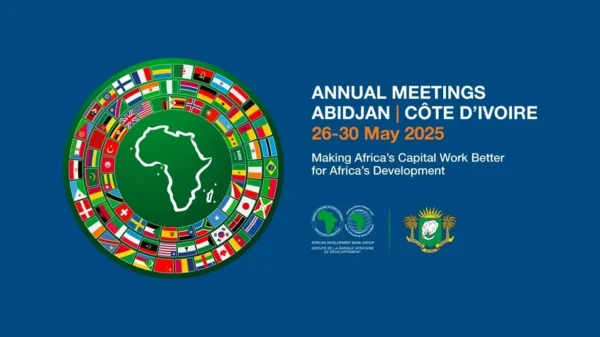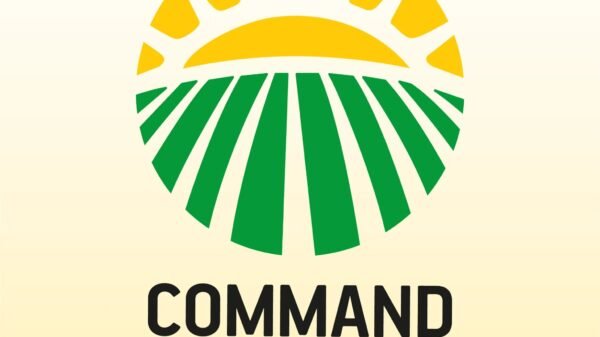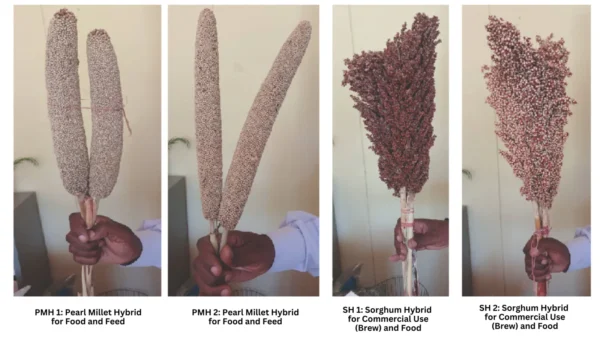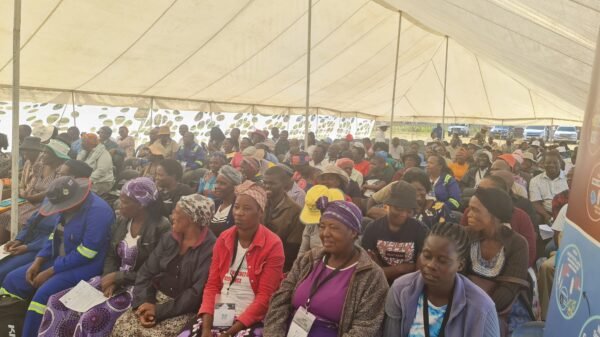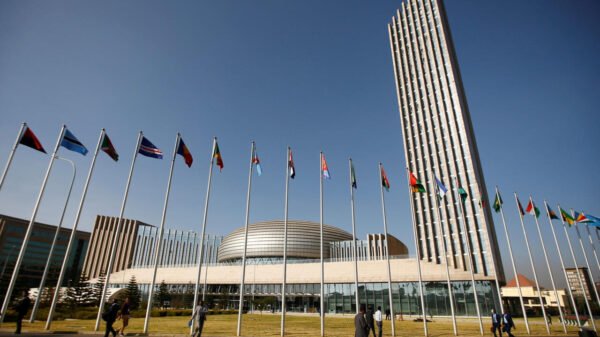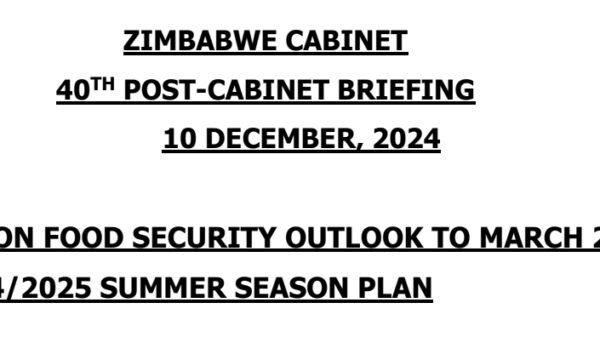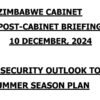Staff Writer
AFTER decades of economic mismanagement, the Zimbabwean authorities are acknowledging that a severe debt burden and a fiscal squeeze are causing sleepless nights, with Finance minister Mthuli Ncube telling the World Economic Forum that the government is so desperate for money that it has now introduced a tax on fastfoods.
Zimbabwe has clocked up US$21 billion in public debt and arrears.
Anxious to collect every cent from already burdened taxpayers, the government has devised all manner of taxes.
The country — which cannot access international credit markets owing to a massive debt overhang which erodes the state’s capacity to fund critical sectors like health and education — is gasping for fiscal breathing space. The government is digging deep to buy itself some fiscal space by, among other measures, introducing new taxes. But some independent commentators have warned that the raft of burdensome taxes will worsen the cost-of-living crisis and make it difficult for distressed companies to operate profitably.
“We’ve even got a tax now on fastfood,” Zimbabwe’s Finance minister said during a discussion titled “Navigating the Fiscal Squeeze” in Davos, Switzerland. “If you’re buying tacos or pizza or something, you pay an extra fee.”
Zimbabwe’s debt crisis

Ncube (pictured above, third from right) told the global audience that the country is now in the midst of a complicated debt restructuring process.
“You have to spend time doing financial diplomacy,” he said, referring to the hard slog involved in ensuring that overseas creditors are on the same page about how the restructuring will work. “We’re making progress,” he added.
IMF hand-holding
As part of Zimbabwe’s debt restructuring process, the country has committed to implementing fiscal, governance and legislative reforms. The debt-ridden nation must embrace economic and political reforms to normalise relations with creditors.
In that connection, the Finance minister revealed that the International Monetary Fund’s Staff-Monitored Programme (SMP) will commence in two weeks’ time.
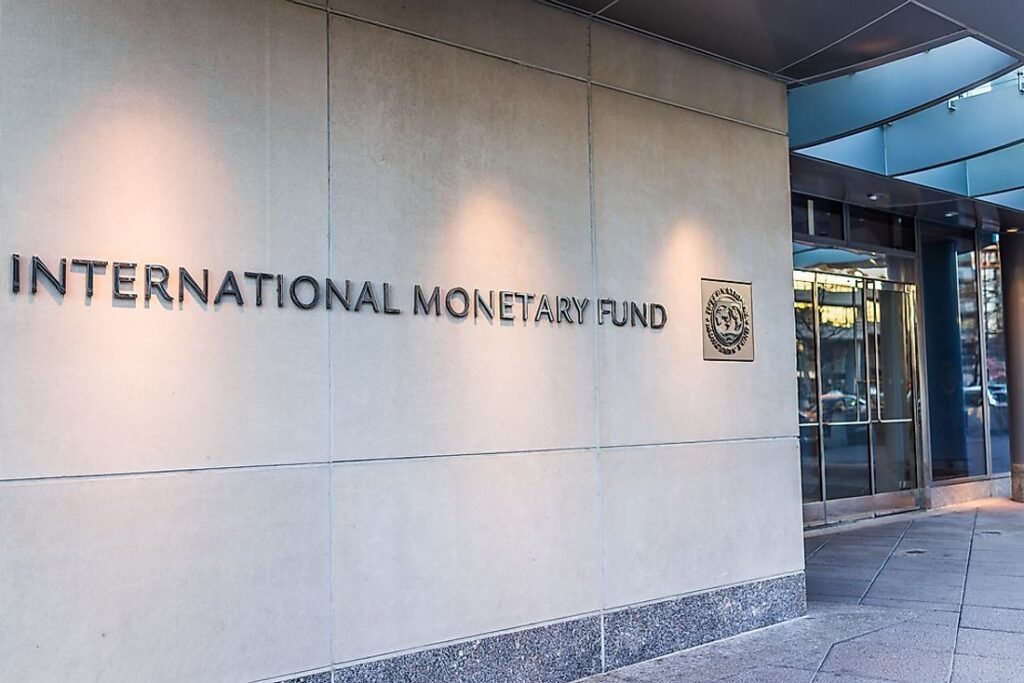
Desperate to achieve macro-economic stability, Harare requested an SMP, which is expected to shed light on Zimbabwe’s often-inconsistent economic policy. An SMP is an informal agreement between an IMF member country and the international financial institution to monitor the member country’s economic policies. In the aftermath of previous staff-monitored programmes, the IMF has expressed concern over the government’s shortcomings, particularly in policy implementation.
African Development Bank president Akinwumi Adesina has described the IMF programme as “a significant milestone towards concretising the arrears clearance and debt resolution.” Adesina is the champion of Zimbabwe’s reform process.
Ncube’s latest revelations in Davos have given the world a glimpse into the severity of Zimbabwe’s economic challenges and the daunting reform imperative.




